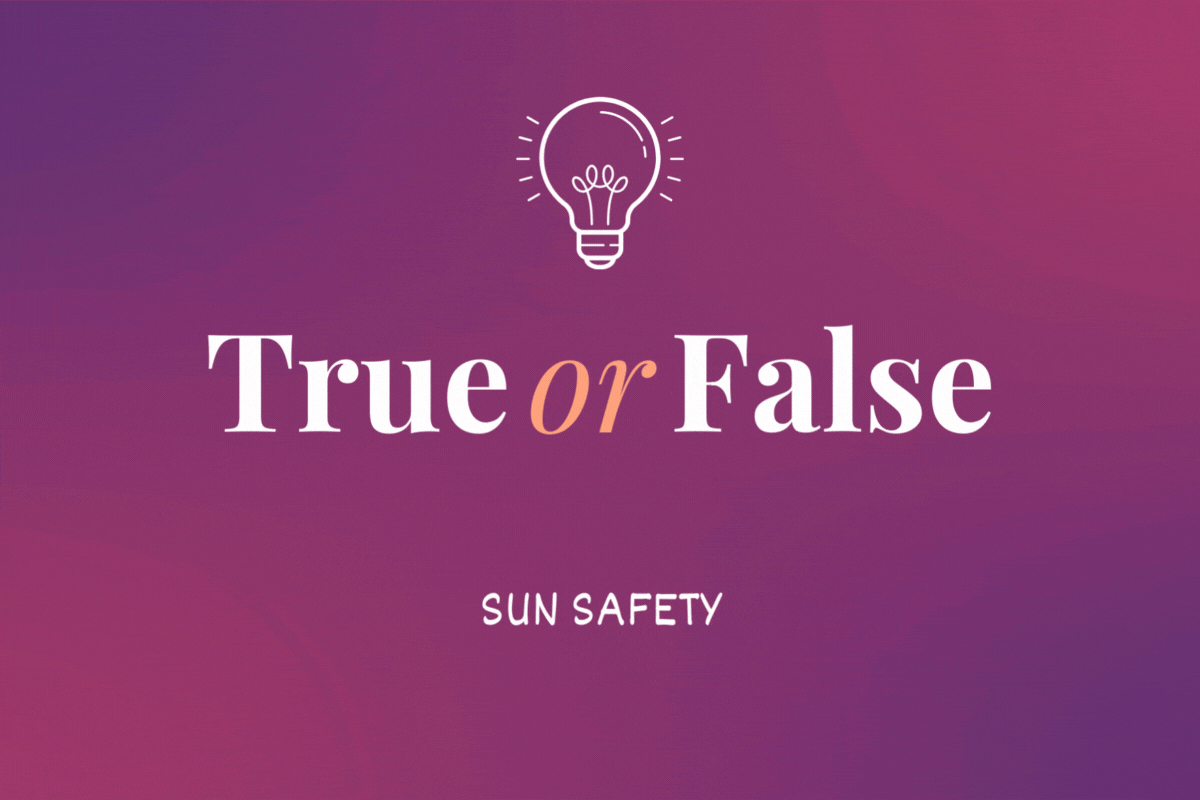
True or False? Sun Safety
How bright are you when it comes to sun protection? Take our quiz to find out.
May 23, 2024
Your Health
How bright are you when it comes to sun protection? Take our quiz to find out.
Good morning, sunshine! Summer’s almost here and for many of us that means more time outdoors. It’s important to practice sun safety year-round, but it’s especially important in the summer.
Before you leave the house, take our quiz to brush up on your sun smarts and get tips for protecting your skin today and every day.
Correct
Incorrect
Correct
Incorrect
Correct
Incorrect
Correct
Incorrect
Correct
Incorrect
Correct
Incorrect
Correct
Incorrect
Correct
Incorrect
Correct
Incorrect
Correct
Incorrect
Read: The ABCDEs of Spotting Melanoma >>